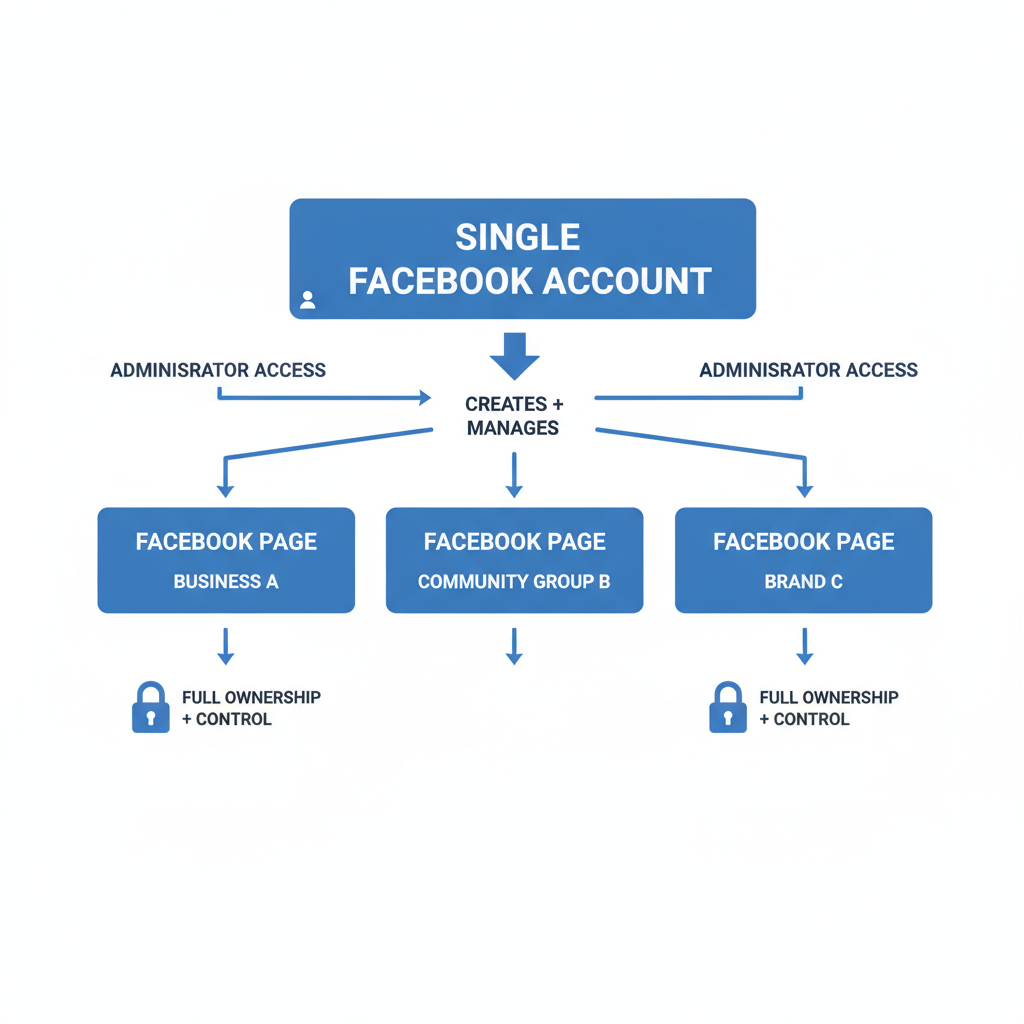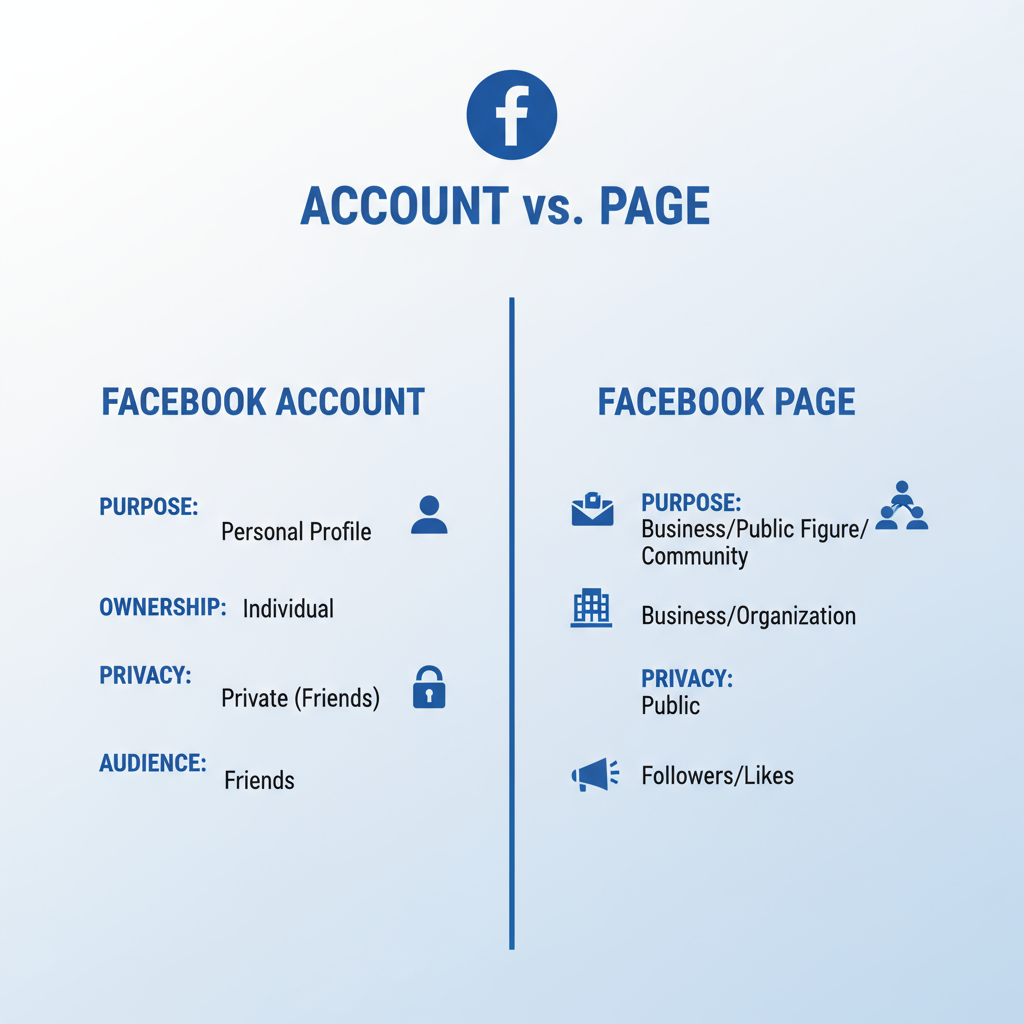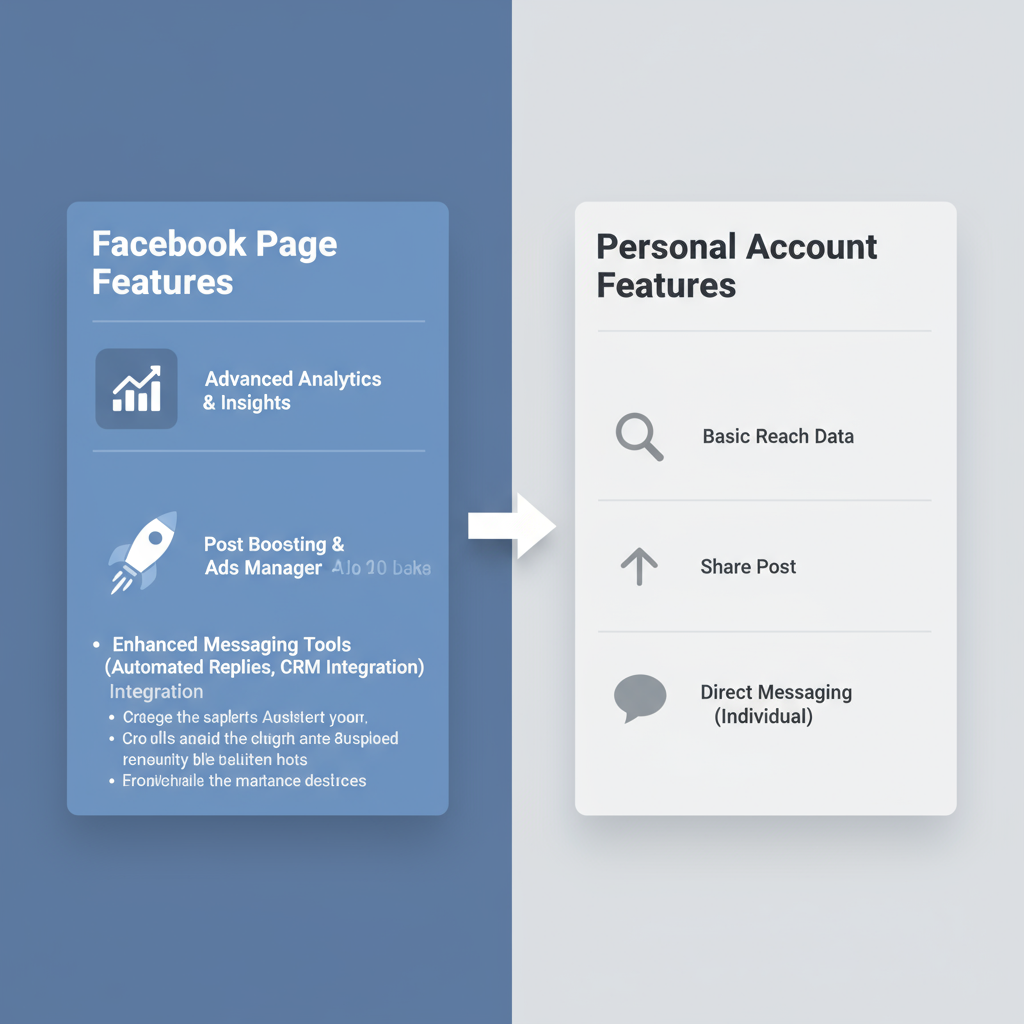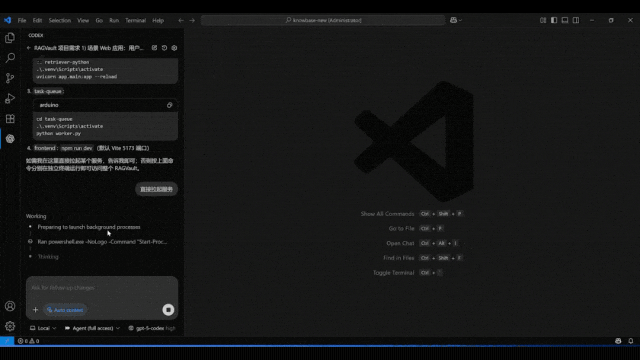Difference Between Facebook Page and Account Explained
Learn the key differences between a Facebook page and account, from purpose and privacy to features and management for personal or business use.

Understanding the Difference Between a Facebook Page and Account
Facebook is one of the most influential social media platforms in the world, with billions of active users. Yet many people — especially new users and business owners — still ask about the difference between FB page and account. In simple terms, a Facebook account represents an individual, while a Facebook Page represents a business, brand, or public entity. Knowing how they differ will help you choose the right approach for personal networking or marketing purposes.
---
What Is a Facebook Account?
A Facebook account, also known as a personal profile, is created by individuals to connect with friends, family, and colleagues. It represents you as a person and is tied to your real identity according to Facebook’s Terms of Service.
- Purpose: Social interaction, personal networking, sharing updates, photos, and life events.
- Authentication: Requires a personal email or phone number.
- Connections: Built through mutual friend requests.
---

---
What Is a Facebook Page?
A Facebook Page is designed for businesses, organizations, brands, public figures, and creators. It’s a public profile that anyone can “like” or “follow” without sending a friend request. Pages can be managed by one or several users who act as admins or editors.
- Purpose: Brand promotion, customer engagement, broadcasting events, reaching potential audiences.
- Creation: Requires an existing personal account to set up and manage a page.
- Accessibility: Fully public by default.
---
Key Purpose Differences
The primary difference between a Facebook account and a page lies in intent:
- Personal Profile: Focuses on private social networking.
- Facebook Page: Focuses on public engagement, marketing, and community building.
While your account represents you, your page represents an entity (brand, company, cause).
---

---
Ownership and Management
- Facebook Account: Owned and managed only by the individual who created it. Login credentials are personal and not shared.
- Facebook Page: Can have multiple admins, editors, and moderators, each with different permissions. This allows teams to collaborate without sharing main login credentials.
---
Privacy Settings
- Personal Account: Offers granular privacy controls — posts can be made visible to friends, specific groups, or the public.
- Page: Public by nature. All posts and information are accessible to anyone online unless restricted regionally.
---
Features Unique to Facebook Pages
Facebook Pages offer numerous tools unavailable to personal accounts:
- Insights & Analytics – Track post reach, engagement, and demographics.
- Post Scheduling – Plan content ahead of time.
- Boosted Posts & Ads – Promote posts or run ad campaigns targeting specific audiences.
- Action Buttons – Add “Call Now”, “Shop”, “Sign Up” buttons.
- Integration – Connect with Instagram, link to websites or other platforms.
These features make Pages ideal for structured marketing efforts.
---
Friend Connections vs. Followers/Likes
- Account: You build a network of friends by sending and accepting friend requests. Mutual approval is required.
- Page: Users can follow or like your page instantly, without mutual consent. This allows rapid audience growth.
---
Messaging Tools
- Personal Account: Uses Messenger for private chats.
- Facebook Page: Has a dedicated Page Inbox with tools for automated responses, FAQs, and integration with CRM tools.
Automated messaging helps businesses provide instant replies to customers.
---
Verification and Branding Options
Facebook Pages can apply for official verification (blue or grey badges) to confirm authenticity. They can also feature:
- Custom usernames for easy URLs.
- Branded profile and cover images.
- Featured stories and pinned posts.
These customization options help reinforce brand identity.
---

---
Common Use Cases
Personal Accounts:
- Connecting socially with friends/family
- Sharing personal updates and photo albums
- Participating in private groups
Facebook Pages:
- Brand promotion and advertisement
- Engaging community followers
- Running event campaigns
- Showcasing products/services
---
How to Create a Page from a Personal Account
- Log into your Facebook personal account.
- Click on Menu (nine-dot icon) and select Create Page.
- Enter your Page name, category, and description.
- Upload a profile picture and cover image.
- Add contact information and call-to-action buttons.
- Publish and start posting.
> Tip: You need a personal account to be the primary admin of any Page.
---
Pros and Cons
Personal Account Pros:
- Strong privacy controls
- Easier to connect with known people
- No requirement for public exposure
Personal Account Cons:
- Limited reach for marketing
- Cannot run ads directly for commercial purposes
Facebook Page Pros:
- Public visibility
- Marketing tools and analytics
- Multiple admin support
Facebook Page Cons:
- No privacy for posts
- Requires consistent maintenance to stay relevant
---
When to Use Both Together
For maximum reach, many entities use both:
- Personal Account for friendship networks and private groups.
- Facebook Page for public marketing and brand amplification.
Link your Page content in your personal account to tap into both audiences.
---
Facebook Policies
Facebook restricts commercial activities on personal profiles. For instance, you cannot run ads or promote products excessively on your personal timeline. Pages, however, are permitted — and encouraged — for commercial and promotional use.
Violating this policy on a personal account can lead to penalties or account suspension.
---
Summary Comparison Table
| Feature | Facebook Account | Facebook Page |
|---|---|---|
| Purpose | Personal social networking | Brand, business, and public engagement |
| Visibility | Private or friends-only by default | Fully public |
| Management | Single user | Multiple admins/editors allowed |
| Connections | Mutual friend requests | Likes/follows without approval |
| Advertising | Not available | Full ad manager access |
| Analytics | No built-in analytics | Page Insights tool |
| Messaging | Facebook Messenger | Page Inbox with automation |
| Verification | Not applicable | Possible via Facebook checkmark |
| Custom URL | Username-based URL | Short branded page links |
---
Conclusion
Understanding the difference between FB page and account is essential for choosing the right tool to meet your social or business goals. If your aim is to connect personally and privately, a personal account is best. If you need to reach a wider audience, advertise, or grow a brand, a Facebook Page is the right fit.
For professionals and organizations, the most effective strategy is often to maintain both — each serving a purpose while adhering to Facebook’s policies. By leveraging both, you can build deeper relationships with friends and expand public reach at the same time.
Ready to make the most of your Facebook presence? Start by reviewing your goals, then choose (or create) the profile type that matches — and watch your community grow.



